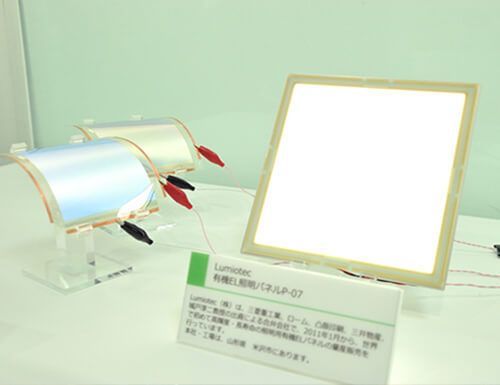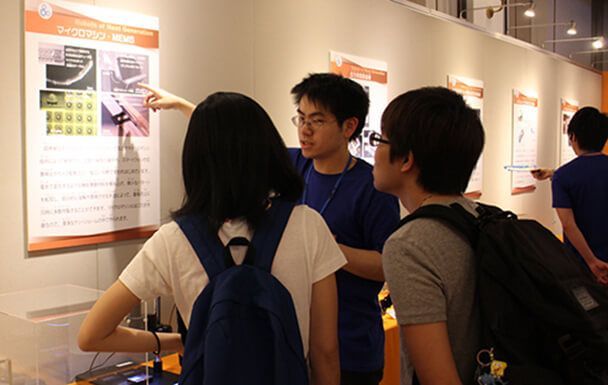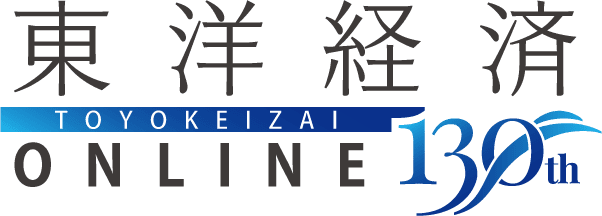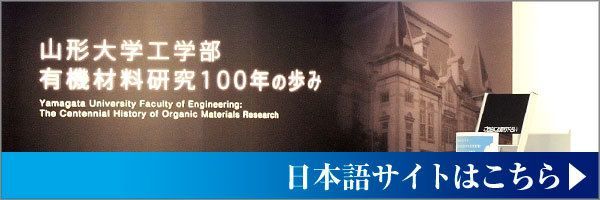Leaping from Yamagata onto the world stage.
Fostering next generation of global leaders.
Innovative Flex Course for Frontier Organic Material Systems (iFront), Yamagata University
Students make presentations in English after six months in iFront
Among the 63 programs subsidized by MEXT's Program for Leading Graduate Schools, only three earned the maximum rating in the mid-term assessment last fiscal year. The MEXT Program is composed of three categories—the all-round, composite, and only-one categories—and Yamagata University was the only recipient of the maximum rating inthe only-one category.
Yamagata University's iFront program is a five-year course combining master and doctoral programs. Its objective is to develop PhD holders equipped the capacity for creativity and spontaneous thought on top of advanced specialized knowledge in organic materials. Each year, an examination is held to select 12students for enrollment. Those who are accepted are not only exempted from paying tuition but also paid a monthly incentive of 150,000 yen. Moreover, they are offered the option of living in a dormitory five minutes on foot from the university for a monthly fee of 37,000 yen of which 17,000 yen is subsidized by the university.
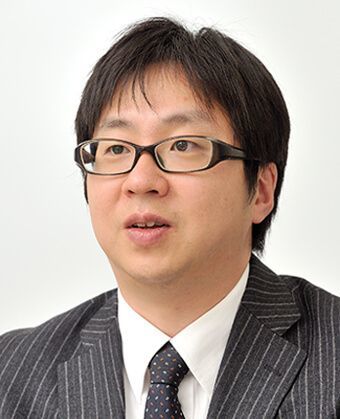
Dr. Tomoya Higashihara
“In principle, the students are prohibited from taking part-time jobs so that they can concentrate on their studies. In fact, they don't need to earn any money, and for that matter, they usually have no time for jobs,” says Dr. Tomoya Higashihara,associate professor, Department of Organic Materials Science, Graduate School of Organic Materials Science,Yamagata University.
The iFront curriculum is evidently challenging. By autumn of the first year, students are required to make a presentation of their research in English at a largely student-organized international conference. In the second year and after, they are required to organize the conference. Furthermore, they need to fulfill the following demanding prerequisites to move onto to their third year: Engaging in an internship at a company in Japan, submitting an article to an academic journal, and passing the qualifying examination (QE) that tests creativity and spontaneous thought. If students fail the preliminary screening for taking the QE, they will drop out of the program at that point.
Once they pass the QE, however, they get to engage in lab research in different fields for a certain period, or perform research outside the university if they wish. Needless to say, while they enjoy these options, they also need to carry on with their own research activity in their area of specialization.
Overseas internship is compulsory
Another feature of the iFront program is the long-term overseas internship incorporated in the curriculum for the third year and beyond. Under the internship, students engage in research activities at corporate research centers and research institutions abroad over periods ranging from one month to a year. The general rule is for each student to take care of all administrative procedures by themselves, from choosing their own internship destination to making applications.
As Dr. Higashihara says, “Yamagata University has connections with an extensive range of universities and corporations worldwide, but our students are free to choose any destination including those beyond this network. The secretariat provides students with support, but they are left to their own devices to perform all the procedures in English, including obtaining a permit to acquire a visa and concluding an internship contract.”
It must be considerably challenging for students to be suddenly placed amidst a sea of foreigners and expected to produce a certain level of outcome as a full-fledged researcher. This is exactly why the students, without exception, achieve substantial growth through their internships. French chemical giant Arkema SA hosted an internship student under the program in 2015. Dr. Atsushi Miyabo, vice president and director of ARKEMAK.K. the Japanese subsidiary of Arkema, testifies, “The student we hosted achieved amazing growth in three months. I went over to see him just before the internship ended and witnessed him taking initiatives and networking with other researchers within and outside our research center. For students to gain corporate experience is extremely meaningful, and we intend to continue cooperating with Yamagata University in its initiative.”
